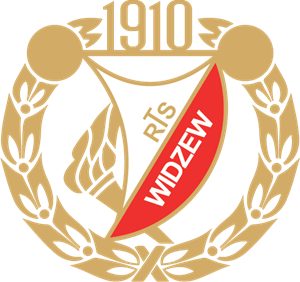Stumbling Stones in order not to forget
Joseph Klibansky was a member of the Eintracht Frankfurt tennis team. A stumbling stone has now been dedicated to him in Frankfurt on behalf of the club. A sign against forgetting.
In May, Eintracht Frankfurt laid a Stolperstein, in English a stumbling stone, in Frankfurt for the 14th time. Gunter Demnig, who initiated the art project of Stolpersteine in 1996, placed the golden Stolperstein in the ground at Reuterweg 73 in honour of former club member Dr Joseph Klibansky. The laying of the Stolpersteine once again illustrates Eintracht Frankfurt’s tolerant and clear stance against anti-Semitism, racism and homophobia, as well as its support for the Jewish community.
Stefan Minden, vice-president of Eintracht Frankfurt, emphasised the importance of such actions in his speech and found fitting words on behalf of the executive committee and the entire club
“The laying of stumbling stones is an important part of our social responsibility and represents the stance that Eintracht Frankfurt and especially our president Peter Fischer represent. In this context, we want to commemorate our members who were freely active in the club before 1933 and held all kinds of positions. The Stolpersteine are a symbolic sign to bring the Eintracht members who were excluded at that time back into our midst.”
Stefan Minden, Vice-president of Eintracht Frankfurt
In addition, the museum director and co-initiator of Eintracht Frankfurt’s stumbling stones, Matthias Thoma, gave the numerous visitors a brief insight into the life and work of Dr Joseph Klibansky, who was an Eintracht player through and through during his lifetime.
“Jürgen Klibansky was a firmly integrated part of Eintracht and also active and well-known beyond the tennis department in other departments of the club.”
Matthias Thoma, Museum director and co-initiator of Eintracht Frankfurt’s stumbling stones
Klibansky was born in Frankfurt, attended school and university there, before later also settling as a lawyer in his home town. In addition, Klibansky actively played tennis for Eintracht since the 1920s and was even awarded the Golden Badge of Honour by the club in 1930. In 1934, the lawyer was forced to flee to France with his wife to escape the Nazis. He survived the war and returned to Frankfurt in 1948.

Aris Limassol FC Social, Environmental, and Health Initiatives







